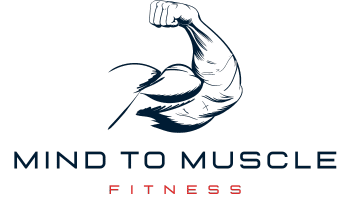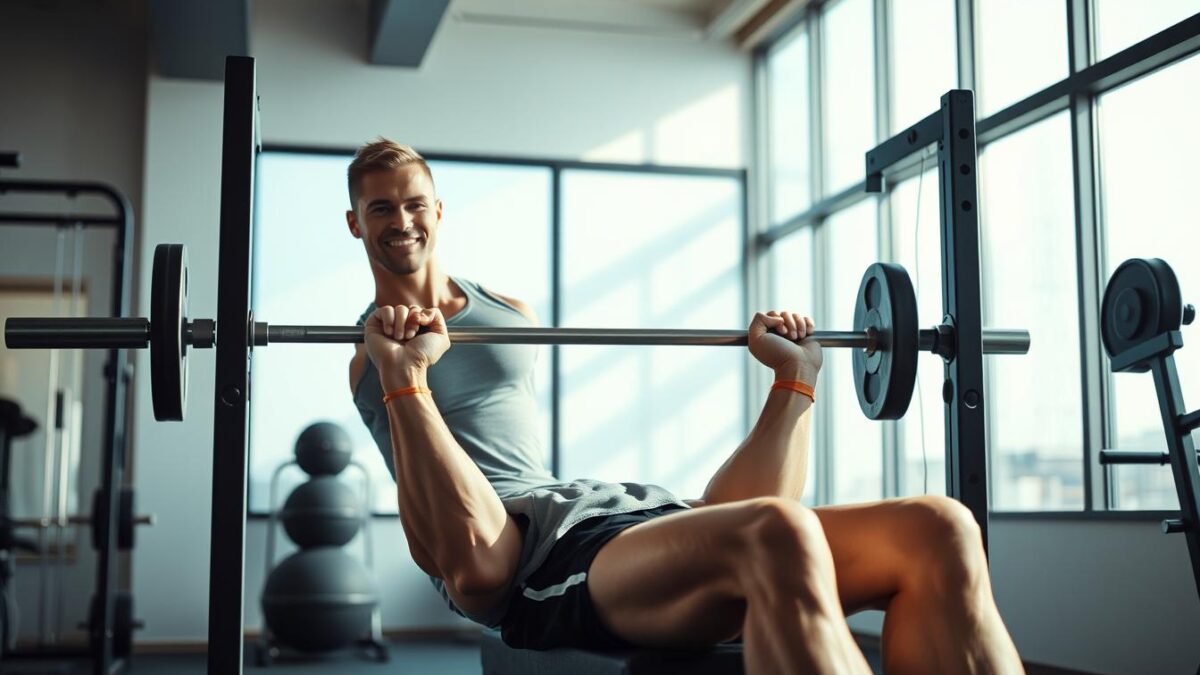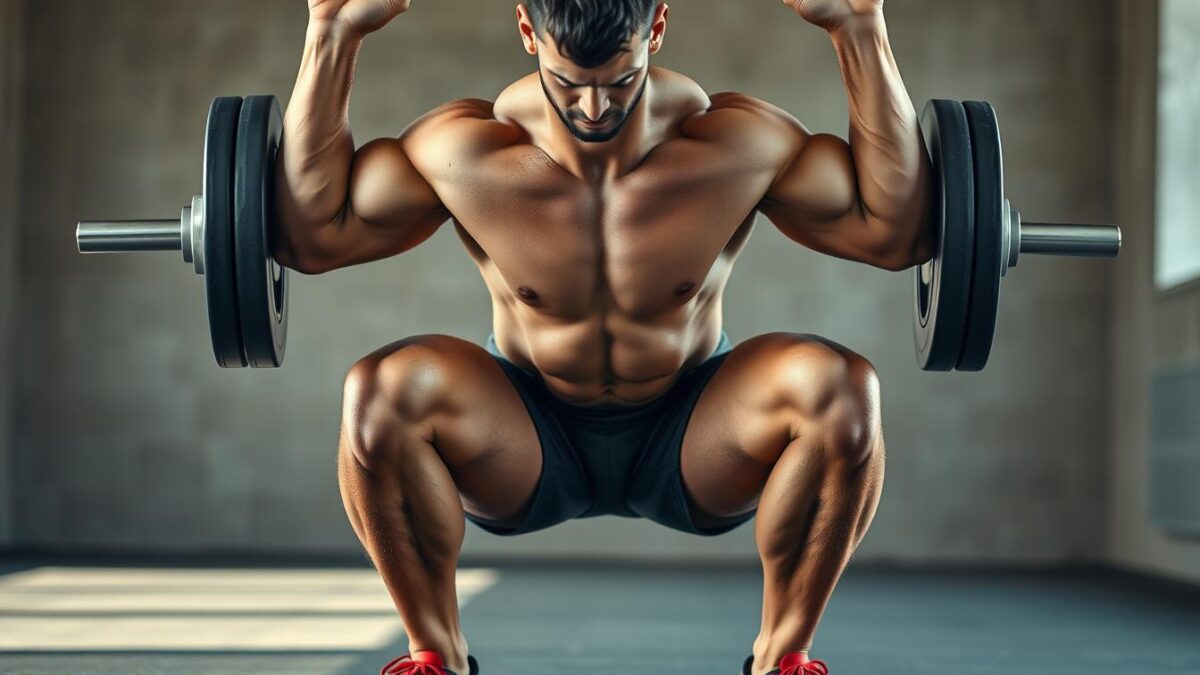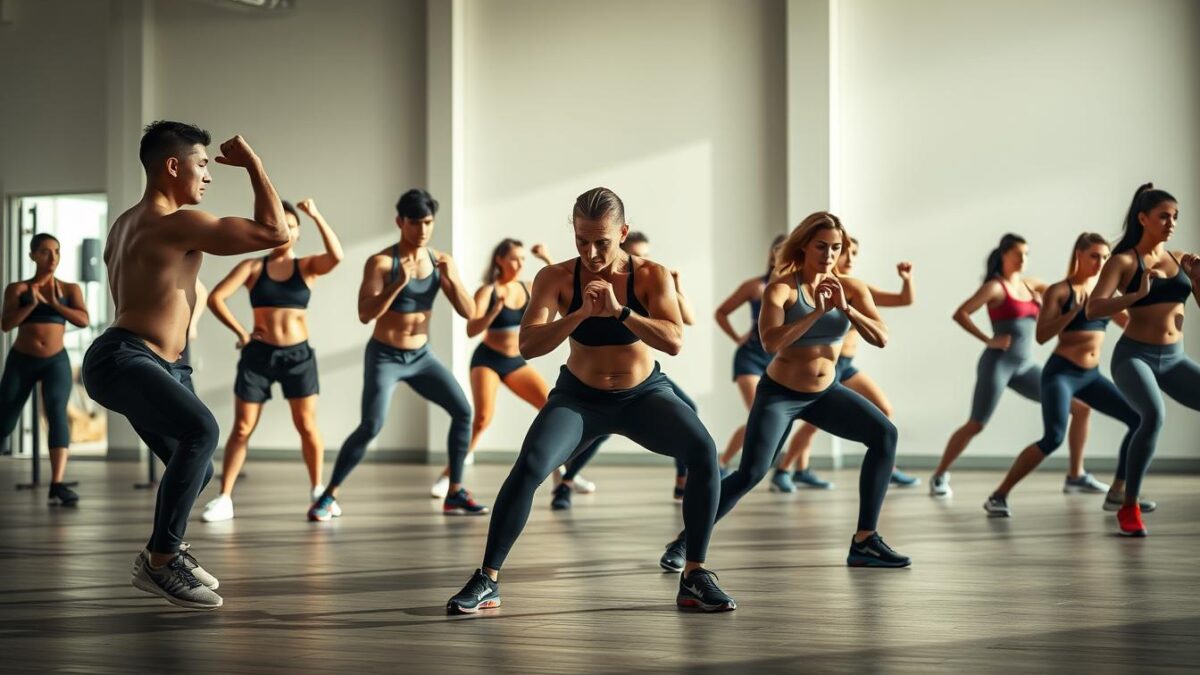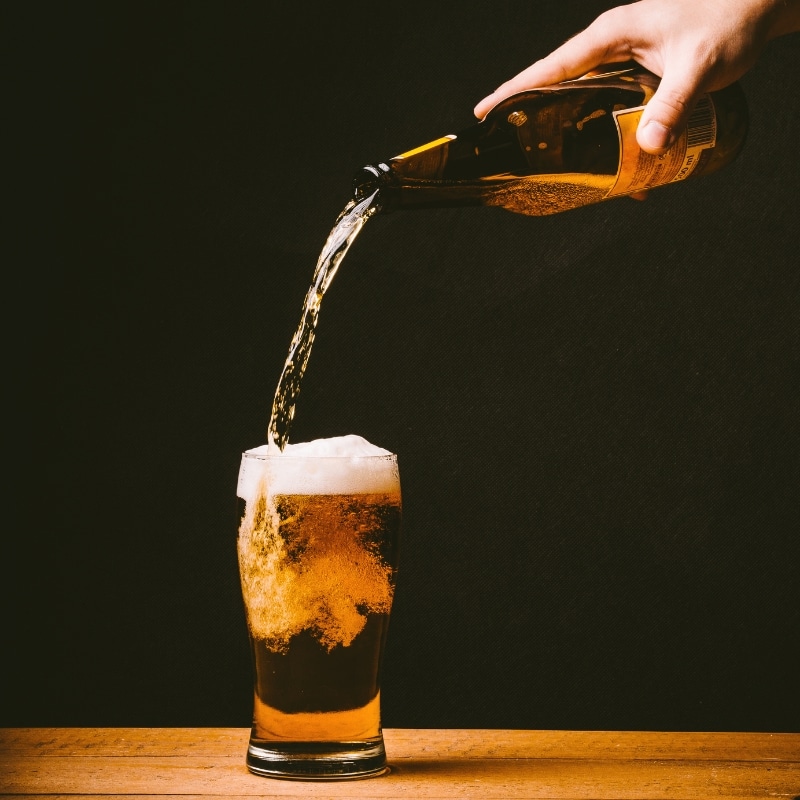
Alcohol and Bodybuilding
The Truth About Alcohol and Gains
Imagine working hard in the gym, pushing your limits, only to find your progress stalling. It’s no secret that optimizing recovery is just as critical as the workout itself.
But where does alcohol fit into this equation?
Can a casual drink derail your efforts or is there a way to balance the two?
This guide is tailored to shed light on how booze affects bodybuilding, help you make informed decisions, and potentially transform your regimen.
Striking a Balance
Every sip has a story. While moderation is the key, the quest for peak physical form calls for a deeper understanding of alcohol’s role in fitness.
With actionable tips and expert insights, we’ll navigate through the murky waters of mixing body sculpting with the occasional toast. Get ready to empower your training with knowledge that could redefine your relationship with the barbell and the bar.
Together, let’s embark on a journey toward mastering the art of building muscle while maintaining a lifestyle that includes life’s social pleasures.
The balance is delicate, but with the right approach, your fitness and social life can coexist harmoniously. Join us as we toast to strength, health, and the wisdom to blend them wisely.
Essential Facts About Alcohol and Bodybuilding
- Caloric Content: Alcohol has 7 calories per gram, adding to daily intake.
- Protein Synthesis: Alcohol can impair muscle growth by hindering protein synthesis.
- Recovery: It slows down recovery post-training by affecting sleep and hormonal balance.
- Hydration: Alcohol is a diuretic, leading to dehydration and reduced performance.
- Testosterone Levels: Excessive alcohol lowers testosterone, critical for muscle development.
- Fat Storage: It can promote fat storage, disrupting body composition goals.
Benefits of Avoiding Alcohol in Bodybuilding
- Better Hydration: Staying hydrated optimizes muscle function and growth.
- Enhanced Recovery: Alcohol avoidance improves sleep and muscle repair.
- Increased Testosterone: Lower alcohol intake maintains healthy testosterone levels.
- Improved Caloric Control: Cutting alcohol helps manage caloric balance for lean muscle.
Pros and Cons of Alcohol Consumption in Bodybuilding
Pros
- Social Enjoyment: Allows participation in social events.
- Relaxation: May aid in temporary stress relief.
Cons
- Impaired Muscle Growth: Alcohol can block anabolic processes.
- Dehydration: Affects water balance, impacting muscle function.
- Increased Fat: Extra calories from alcohol may lead to fat gain.
- Lowered Testosterone: May decrease crucial hormones for building muscle.
- Poor Recovery: Impedes muscle repair and growth post-exercise.
Understanding the Impact of Alcohol on Muscle Growth and Recovery
Alcohol can impede muscle development and recuperation. It slows down protein synthesis, which is crucial for muscle repair. Additionally, alcohol can dehydrate your body, affecting muscle function.
Identifying these obstacles is the first step. They must be addressed in any bodybuilding regimen.
Creating an Alcohol-Aware Workout Routine
To counterbalance potential alcohol impacts, your plan should be robust. A hydrated body and optimized nutrition bolster muscle development.
Hydration is key. Before exercising, ensure you drink plenty of water. This promotes peak performance and recovery.
Workout Plan:
- Warm-Up (10 minutes)
- Dynamic stretches (e.g., leg swings, arm circles)
- Light cardio (e.g., jogging, skipping)
- Strength Training
- Squats: 3 sets of 8-10 reps
- Bench Press: 3 sets of 8-10 reps
- Deadlifts: 3 sets of 6-8 reps
- Overhead Press: 3 sets of 8-10 reps
- Hypertrophy Training
- Bicep Curls: 4 sets of 12 reps
- Tricep Extensions: 4 sets of 12 reps
- Leg Press: 4 sets of 15 reps
- Lat Pulldowns: 4 sets of 12 reps
- Core and Stability
- Planks: 3 sets of 1 minute
- Russian Twists: 3 sets of 20 reps
- Cool Down (10 minutes)
- Gentle stretching
- Yoga poses targeting muscle relaxation
With 1-2 minute rest intervals between sets, this program promotes effective training amidst alcohol consumption. Staggered sets encourage muscular endurance and growth.
Mistakes to Avoid in Bodybuilding and Alcohol Consumption
Balancing alcohol and fitness necessitates avoiding common errors.
Firstly, drinking immediately post-training can undo your effort. Strike a balance, prioritizing recovery meals over alcoholic beverages post-exercise.
Secondly, consistent heavy drinking corrupts diet and training regimes. Practice moderation to maintain health and fitness goals.
Alumni Insights: Real-Life Successes
In my circle, one peer said, “Cutting down on alcohol was a game changer for my fitness progress.” It’s a shared sentiment echoed in bodybuilding communities.
Adopting a moderate approach to alcohol allows for continued dedication to body sculpting pursuits.
How Can I Merge My Social Life with My Fitness Goals?
- Choose lower calorie drinks and limit quantities.
- Eat a solid meal before drinking to slow alcohol absorption.
- Stay hydrated by alternating between alcohol and water.
- Plan workouts for days you are less likely to consume alcohol.
Advanced Techniques in Balancing Spirits and Muscles
Proficient bodybuilders often face the challenge of integrating moderate alcohol consumption into their regimen. Timing is crucial. Strategize your intake post-workout to mitigate its impact on muscle recovery.
Another technique is rotating your drink choices. Alternate between low-calorie options and non-alcoholic substitutes to control caloric surplus and avoid hindering progress.
Customizing Alcohol Intake for Diverse Fitness Goals
To tailor the relationship between spirits and strength training towards your objectives, one must be meticulous. If mass gaining, ensure minimal alcohol use to not disrupt anabolic pathways.
For those cutting, alcohol must be rare and calculated within daily macros to prevent setbacks.
Integrating Moderate Drinking with Other Bodybuilding Strategies
Combining moderate drinking with other methodologies requires balance. Implement hydration tactics, consuming water between drinks to avoid dehydration.
Also, synchronize alcohol with cheat days to maintain a firm grip on your eating patterns. This approach minimizes negative impacts on your training schedule.
Nutrition and Recovery While Enjoying a Drink
Key advice for enthusiasts who enjoy a drink centers on nutrition and recovery. Prioritize protein intake and ensure that your meals are nutrient-dense.
To aid recovery, focus on quality sleep and sufficient hydration. These factors help mitigate the deleterious effects of alcohol on muscle synthesis.
Insights from Seasoned Physique Sculptors
Experts underscore the importance of moderation. “Alcohol should be consumed in a controlled fashion, just like any other aspect of diet,” suggests a seasoned trainer.
Track your consumption as meticulously as your macros to stay on the path to success.
Alcohol’s Role in Body Recomposition
Those in the process of body recomposition should view spirits as a luxury. Reserve your drinks for special occasions. It’s all about making strategic choices that align with your body transformation goals.
Maintaining Muscle Tone with Occasional Spirits
To maintain muscle tone while enjoying occasional spirits, one must understand the art of compensation.
Counterbalance the caloric intake from alcohol by either adjusting your calorie allotment for the day or by engaging in an extra bout of high-intensity training to create a calorie deficit.
In conclusion, while alcohol and bodybuilding can coexist, it necessitates a strategic and disciplined approach that prioritizes one’s long-term fitness aspirations.
With these guidelines, bodybuilders can judiciously enjoy social occasions without derailing their progress. By planning ahead and making mindful choices, they can strike a balance between fitness goals and a fulfilling social life. Additionally, staying informed and debunking bodybuilding myths effectively empowers individuals to make decisions based on facts rather than misconceptions. This clarity helps them remain confident in their journey, even when navigating temptations or unfamiliar environments.
FAQs on Alcohol and Bodybuilding
1. Can I drink alcohol and still build muscle?
While occasional light drinking may not significantly impede muscle growth, regular or heavy consumption can interfere with your body’s ability to synthesize muscle protein.
2. How does alcohol affect workout recovery?
Alcohol can impair recovery by decreasing protein synthesis, dehydrating your body, disrupting sleep, and ultimately prolonging muscle soreness and repair time.
3. Can alcohol impact testosterone levels?
Yes, excessive consumption can lower testosterone levels and blunt hormone response, which is essential for muscle development and strength gains.
4. Will alcohol consumption affect my metabolism?
Drinking can slow down your metabolism by inhibiting the body’s ability to oxidize fat, making it harder to lose fat and maintain physique.
5. Is it okay to have a drink right after working out?
It’s best to avoid alcohol right after workouts as it might hinder the absorption of nutrients and delay recovery processes in your muscles.
6. Does alcohol dehydrate you?
Yes, alcohol is a diuretic, meaning it increases urine production and can lead to dehydration, affecting overall physical performance and recovery.
7. What are the best drink choices if I choose to drink?
Opt for lower-calorie drinks, like light beer or a simple spirit with a non-caloric mixer, and always drink in moderation.
8. How long should I wait to drink alcohol after a workout?
Wait a minimum of a few hours to allow your body to initiate recovery; however, skipping alcohol entirely on workout days is ideal.
9. Can I lose weight while still drinking alcohol?
Weight loss is about calorie balance; you can lose weight while drinking if you maintain a calorie deficit, but it’s often more challenging.
10. Are certain types of alcohol worse for bodybuilding?
High-calorie, sugary drinks are the least favorable for bodybuilders as they can contribute to fat gain and offer no nutritional value.
Final Thoughts
Consistently combining bodybuilding with alcohol can thwart your muscle-building ambitions and compromise your fitness journey. Abstaining from alcohol, or at least moderating consumption, stands to benefit your training results and recovery processes immensely.
Keep focused on your goals, nourish your body with care, and you’ll fuel the drive needed to sculpt the powerful, natural physique you’re committed to achieving.
Remember, alcohol’s impact on bodybuilding isn’t a mere myth. It’s a real obstacle that can cast a shadow on your progress. Thus, by embracing a lifestyle with minimal alcohol interference, you ensure undistracted commitment to your bodybuilding regime.
Stay resolute in your quest for peak physical conditioning and let your dedication be the strongest substance in your system.
